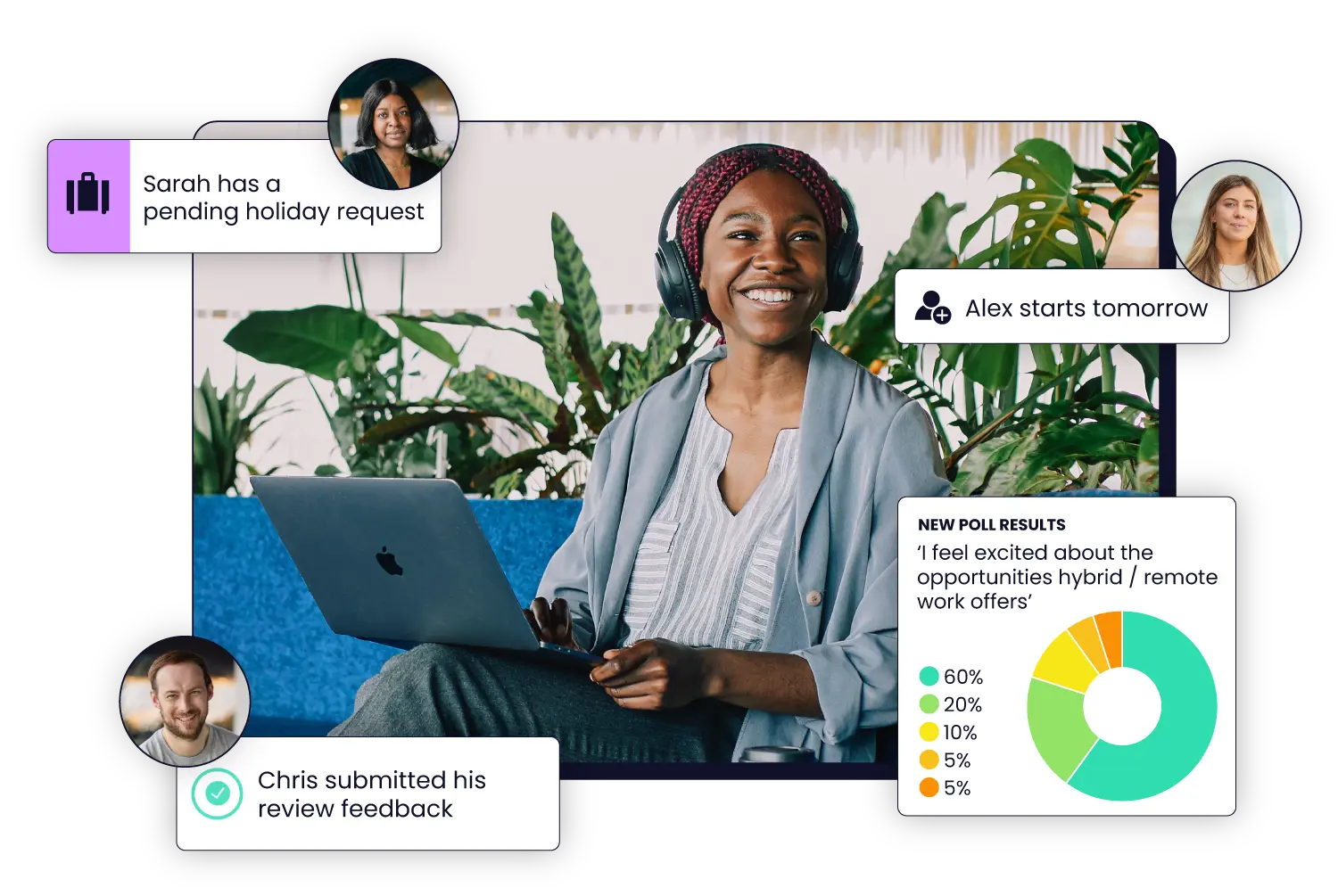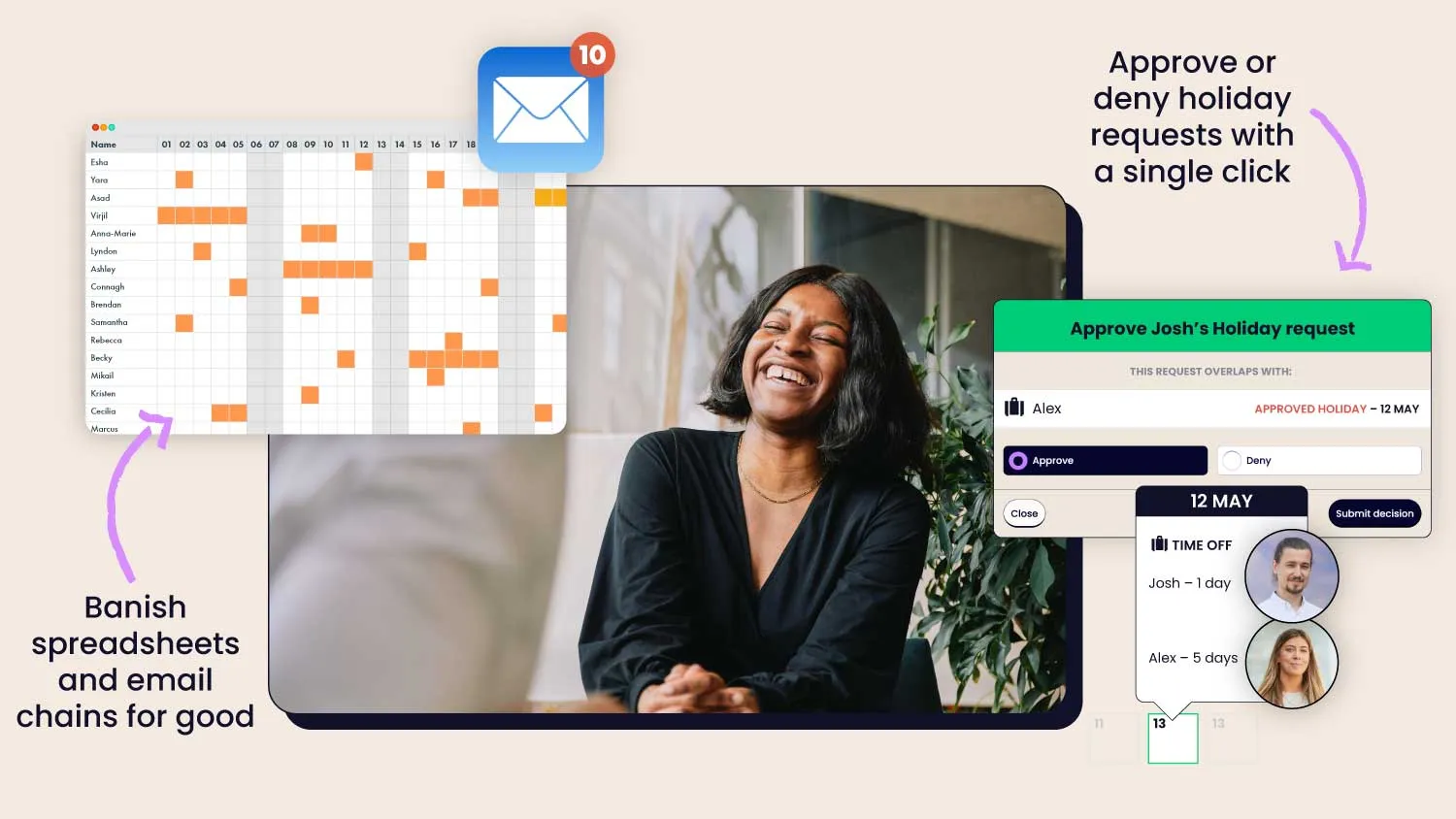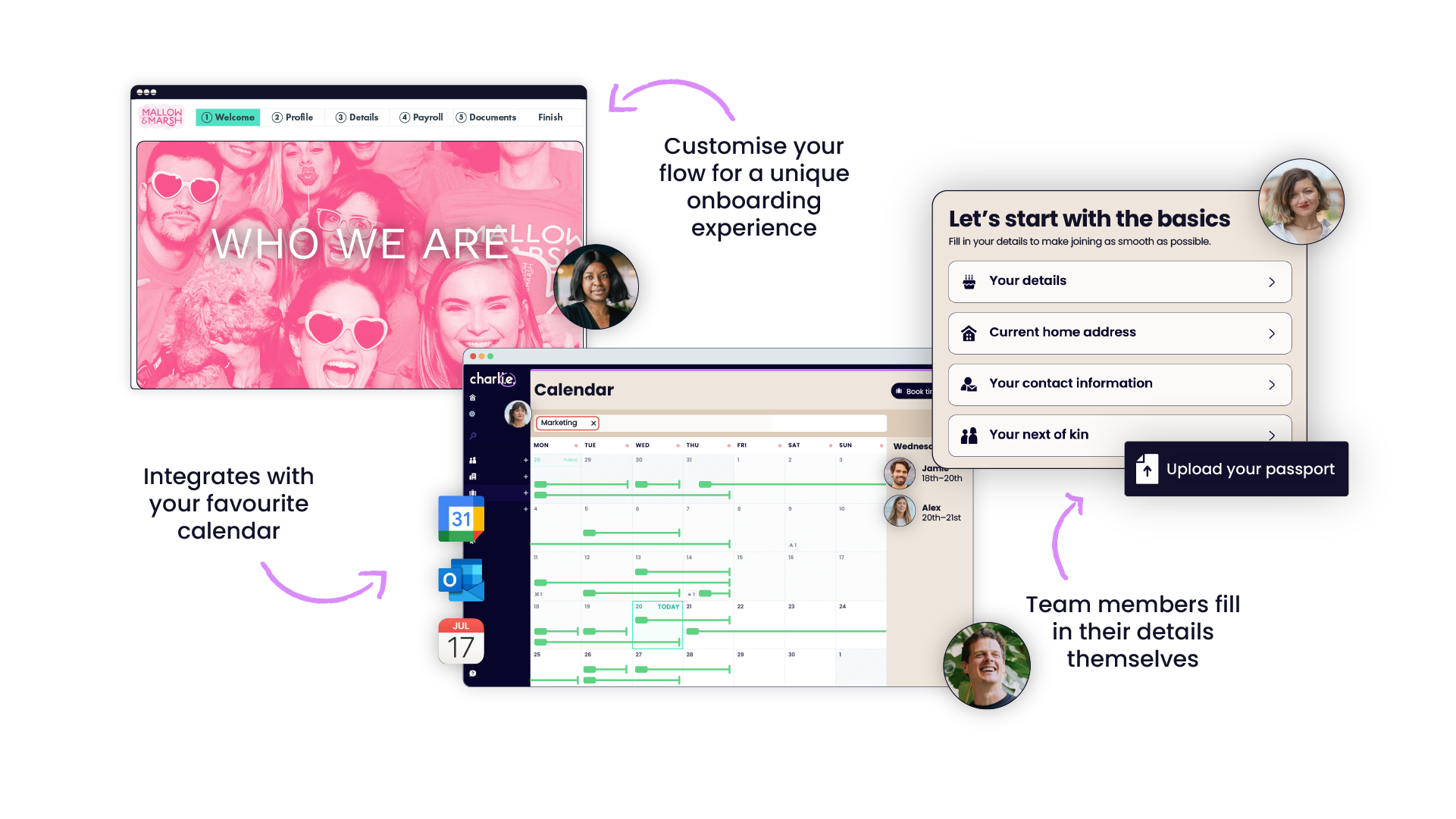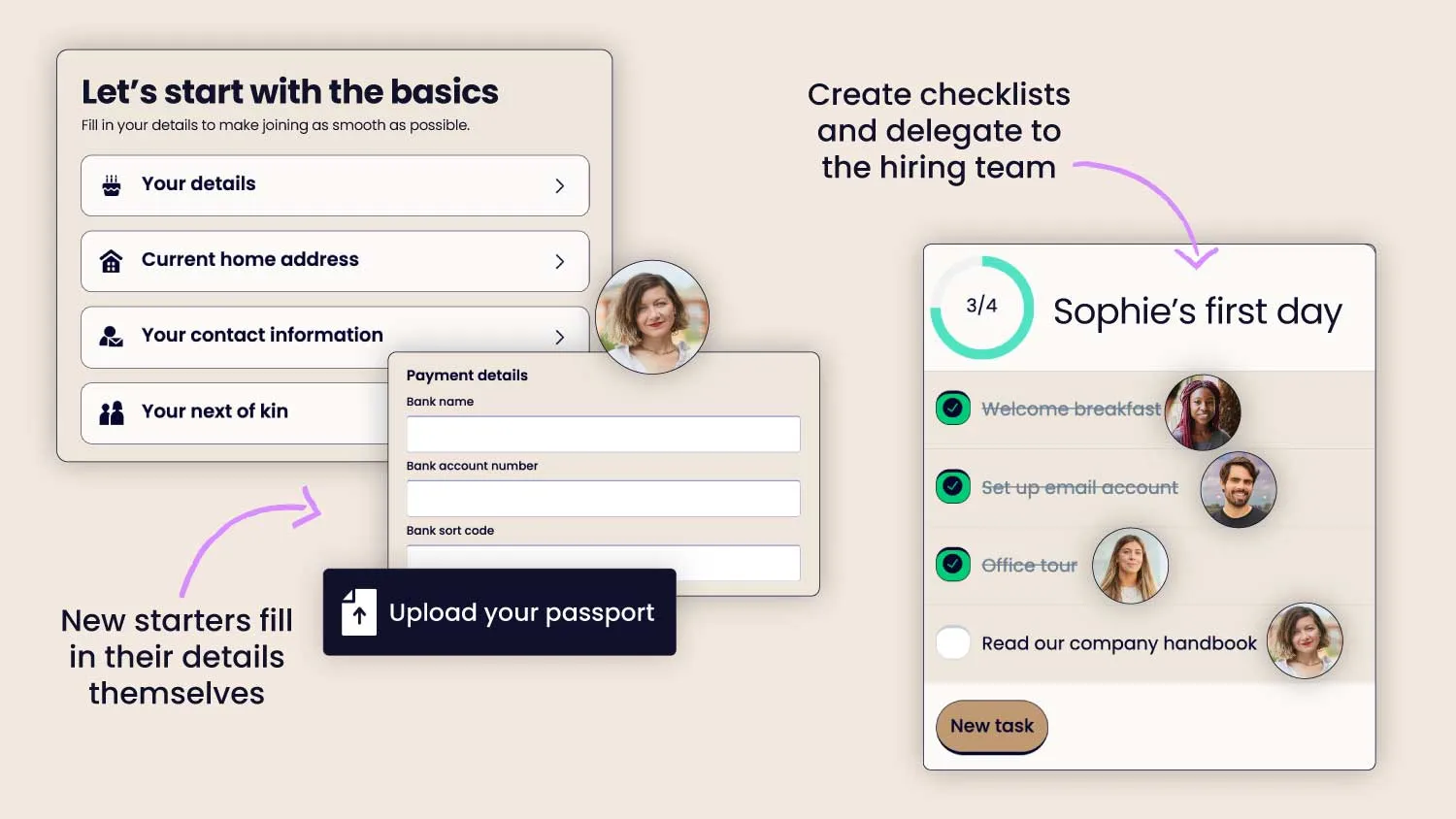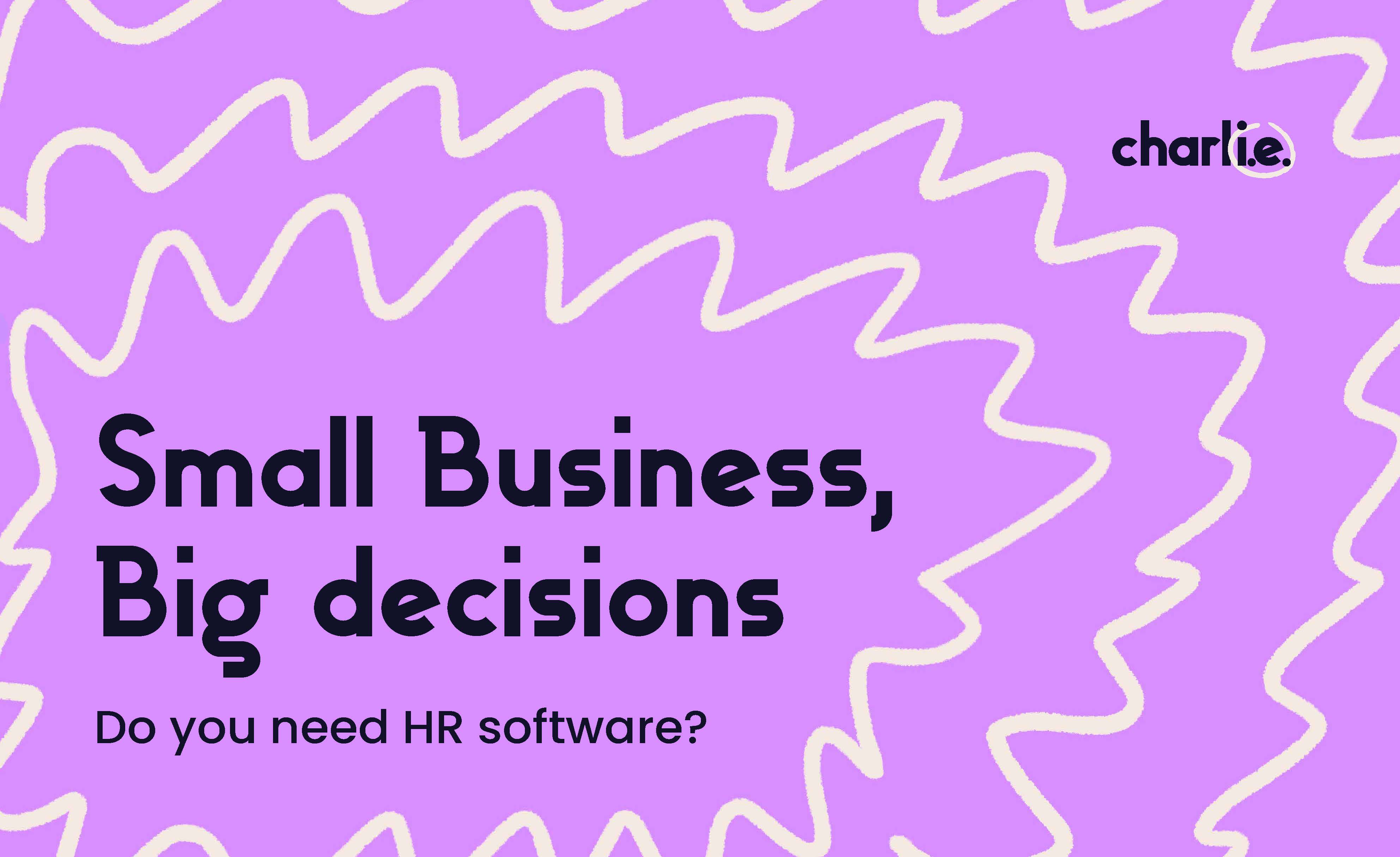So you’ve decided you need self-service HR software to help you improve your HR processes — here’s how to pick the right self-service HR platform for you.
These questions will help you narrow down the options while exploring different automated HR tools:
1. What am I most struggling with at the moment?
If it helps, you can break this question down even further:
Pinpointing like this will give you a better idea of what HR features you need your self-service HR software to take care of.
2. What type of self-service HR software is right for the size of my company?
If you work at a small business or startup with under 100 employees, you’ll want easy and user-friendly self-service HR software that’s quick to roll out and requires little to no training.
With a small team, you want to avoid being overwhelmed by features you don’t need and focus on reducing your HR admin for key tasks like HR data entry, absence management, time tracking / timesheets, real-time leave requests and employee engagement.
On the other hand, larger companies should look for self-service HR systems that can support sizable teams based in different parts of the world. These will be more complex automated HR tools with large-scale reporting dashboards.
3. What is my budget?
You’ll have to decide how much you’re ready to spend on self-service HR software.
If you are a startup or small business, it’s likely you’ll have fewer resources so ask yourself what you can afford with your budget. And is the pricing sustainable in the long term?
4. How can I justify this extra spending?
If you need to justify the extra cost of self-service HR software, focus on how much time you’ll get back and what you’ll be able to do with it. And if you’re still unsure, why not trial one or more self-service HR systems before you commit?
At Charlie, we offer a 7 day free trial so that you can literally try before you buy and see exactly how employee self service works in reality. Trialling self-service HR software is likely to answer any final questions and should definitely help you to justify the cost. Try Charlie’s self-service HR software for free.




